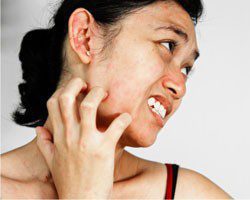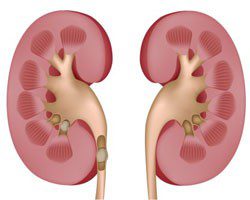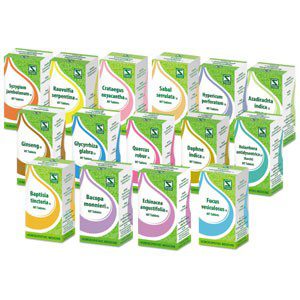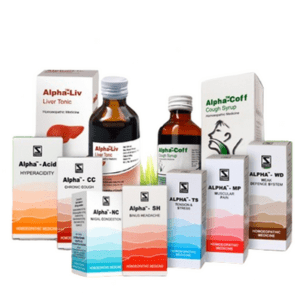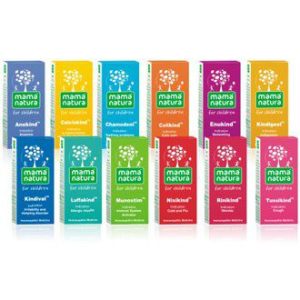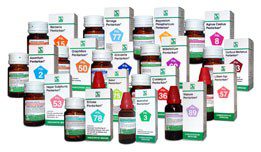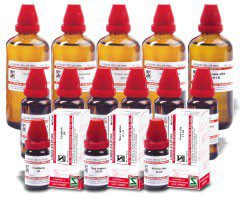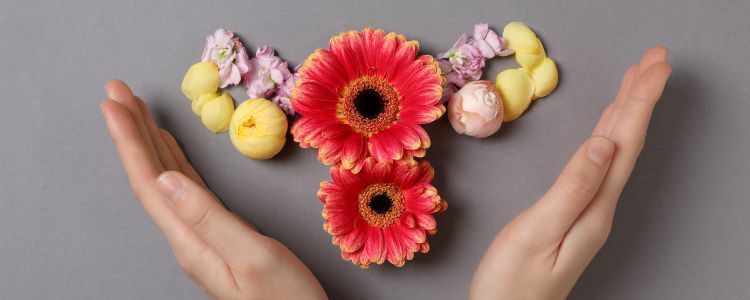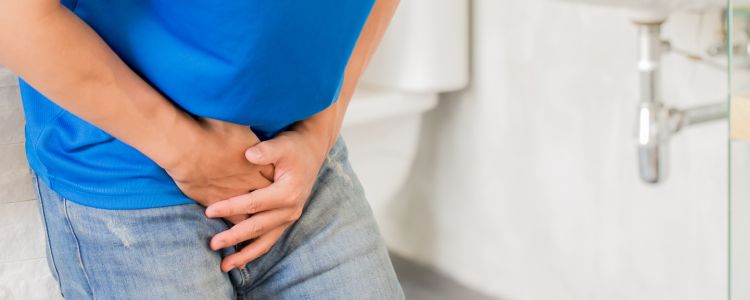
Nourish Your Skin With Berberis Aquifolium
- Dr. Aditi Sharma
- No Comments
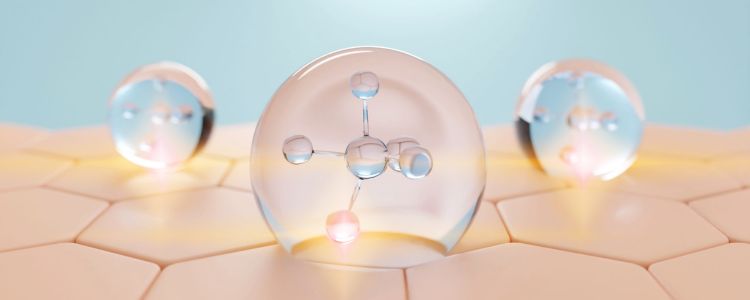
Berberis aquifolium is also known as Holly-leaved Barberry or Oregon Grape. It belongs to the natural order Berberidaceae. The tincture is prepared using the root of the plant. This tincture is then further used to prepare potencies of the medicine for internal use and Berberis aquifolium ointment for external application. In fact, Berberis aquifolium is very popular as homeopathic skincare medicine for acne and blemishes. Through this article we will learn about tips for good skin health with Berberis aquifolium.
Table of Contents
ToggleWhat are the common uses of Berberis aquifolium in homeopathy?
Berberis aquifolium is a widely used homeopathic medicine. It is used both as an oral medicine and as an external application. The benefits and common uses of Berberis aquifolium are as follows:
1. Herbal skin rejuvenation
- Berberis aquifolium is one of the most popular homeopathic remedies for acne. It is also helpful in treating skin problems such as psoriasis and dry eczema.
- It is also well known as an effective homeopathic solution for blemishes.
2. Detoxification of the body
- Berberis aquifolium strengthens liver and remove hepatic torpor and lassitude. It stimulated all glands of the body and improves nutrition. This makes it an effective medicine to eliminate bilious headaches as well.
3. Eliminating urinary tract related issues such as urinary bladder infections and kidney stones and help to alleviate symptoms related to these conditions
4. Treatment of musculoskeletal pain and numbness. The affected part feels as if there is no strength to lift the part.
Also Read How Homeopathy Resolves Skin Problems?
What are the indications for prescription of berberis aquifolium in homeopathy?
The indications for use of Berberis aquifolium are as follows: –
- It is indicated to treat acne that tends to leave blotches and blemishes. There is associated flashes of heat to cheeks.
- It is indicated to treat liver problems where there is associated bilious taste after eating and the tongue is thickly coated either yellow brown or pasty white. The tongue feels as if it is blistered. There is hunger soon after eating without desire for food. There may even be sudden nausea after eating. There is associated biliousness and waxy jaundiced hue.
- It is indicated to treat bilious headache accompanied with dizzy sensation that increase on sleeping or moving. The pains are transitory and recurrent.
- it is indicated to treat respiratory problems where the throat is choked with mucus and there is yellow and then green expectoration. The voice is rough and somewhat choked. The voice even seems cut off as if a damper had closed it.
- It is indicated to treat musculoskeletal problems when there is pain in limbs on movement and no pain when perfectly still. There is trembling and uncertainty of gait.
- It is specially suited to treat skin related complaints in people who tend to have psychological issues such as lack of motivation. They are disinclined to move or do any work. They show dullness and stupidity and suffer from drowsiness in the daytime. They may even have episodes of hysterical crying at frequent intervals.
What is the role of berberis aquifolium as a homeopathic remedy for skin disorders?
For natural ways to improve skin health berberis aquifolium is of great significance. It is one of the popular natural skin remedies for herbal skincare solutions. It helps to treat various skin conditions such as acne, eruptions on the scalp that tend to extend on face and neck, psoriasis, dry eczema and pruritic condition of the skin. It is an integral part of homeopathic skincare tips. It acts well on pimply, dry, rough and scaly skin. It helps to improve skin texture. It also helps to remove hepatic torpor, stimulates all glands of the body and improve nutrition. Berberis aquifolium also helps to remove urinary tract related problems such kidney stones or urinary tract infection. This eventually helps in skin nourishment and skin detoxification with homeopathy. Berberis aquifolium is one of the common homeopathic remedies for radiant skin. It helps to reduce blemishes and blotches and help to get clear skin through homeopathy.
Also Read Top 10 Supplements For A Healthy Heart
Are there any side effects of Berberis aquifolium ?
No based on herbal formulation no side effects of Berberis aquifolium have been reported till date. It can be prescribed to children and even pregnant females if indicated by their symptomatology. However, like with any other medicine it is always advisable to refer to a trained homeopathic physician for any medical condition rather than self-drugging at home.
How to use berberis aquifolum?
Berberis is used both for topical and oral use.
- Topical Use: Berberis aquifolium is often used as creams, lotions and ointments for external application. It is also used in the form of an extract or tincture for topical use.
- Oral Use: for oral use it should be taken as recommended by the physician.
Are there any precautions to be followed when taking Berberis aquifolium?
No there are no specific restrictions in diet and regimen when one is taking berberis aquifolium.
Conclusion
Homeopathy is well known for skin wellness with natural remedies. Tincture and further dilutions are prepared from the root of this plant. Berberis aquifolium has a significant role in the acne treatment with homeopathy. Berberis aquifolium helps in holistic skin care by detoxification of the body. It helps to treat skin conditions such as psoriasis, dry eczema, and eruptions on the scalp. It helps to remove blemishes and blotches for clear complexion. It acts best on pimply, dry and scaly skin and improves skin texture. It is used both or oral use and topical applications in the form of cream, lotion and ointments. Apart from skin conditions berberis aquifolium also helps to cure headache, UTI, and musculoskeletal problems. It is especially suited to treat skin conditions in people who have psychological issues such as lack of motivation, dullness and stupidity. It is safe to be prescribed to people of all ages, both sexes and even pregnant and lactating women. However, for usage it is advisable to refer to a trained homeopathic physician rather than self-drugging at home.










